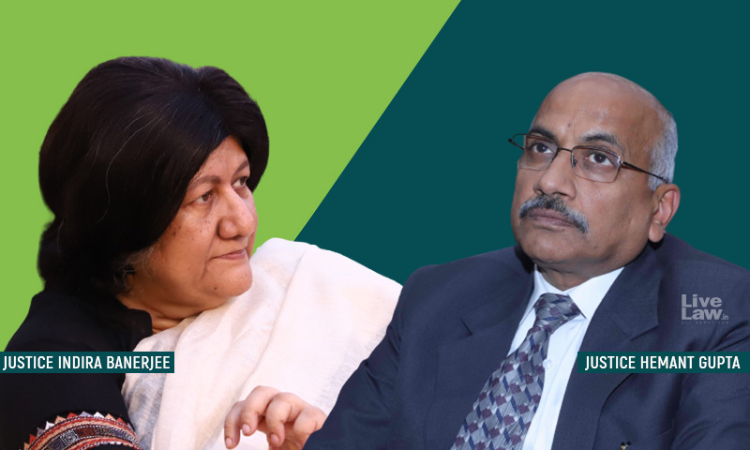Suspicion, however strong cannot take the place of proof, the Supreme court reiterated while upholding the acquittal in a murder case.In this case, the prosecution case was that the accused had murdered the deceased by applying electric shock to him after administering some poisonous substances to him. The Trial Court acquitted the accused and later the High Court upheld the acquittal.In...

